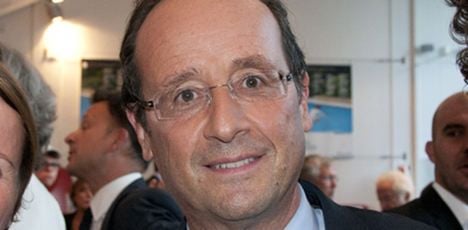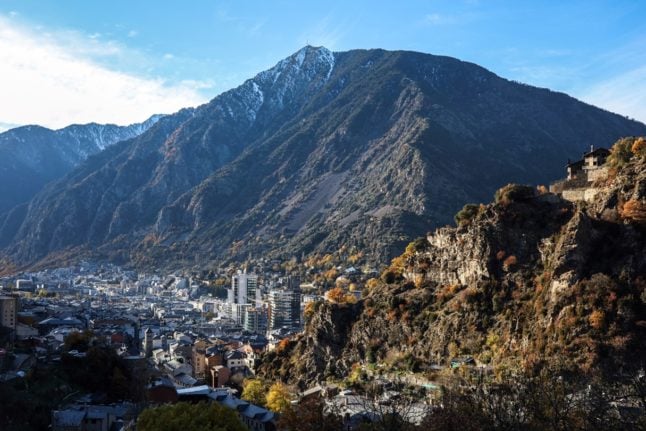Hollande said if elected he would seek to persuade his European partners to issue joint eurobonds to pool their sovereign debt, to allow greater European Central Bank intervention on bond markets and to agree stimulus measures.
All of these measures were explicitly opposed by European heavyweight Germany in the run-up to last week’s hard-fought deal, which serving EU leaders hope will stabilise the debt-ridden eurozone economy.
Hollande’s Socialists have accused France’s right-wing leader Sarkozy of capitulating to German pressure, while he has accused them of undermining French policy by talking down his deficit reduction plan.
Asked on RTL radio whether he felt bound by the deal Sarkozy signed last week, under which EU states will submit to tight mutually-enforced spending controls, Hollande told RTL radio: “We’ll see.”
The detail of the pact has yet to be agreed and EU leaders aim to agree the new plan by March, meaning it will largely fall to the winner of France’s two-round April and May election to enforce its end of the bargain.
“If I’m elected president I’ll renegotiate this deal to include what is missing today,” Hollande said, adding that he hoped France would not lose its top “Triple-A” debt rating between now and the poll.
“I’d see to it that we add … ECB intervention, eurobonds and a financial bail-out fund to respond to what is today the pressure of the markets, and, finally, what we need is growth,” Hollande argued.
Hollande said he would work with a new French parliament due to be elected in June to draw up a plan aiming to eliminate the budget deficit by 2017.
Sarkozy’s government has vowed to balance the books by 2013.
Sarkozy has begun to make up ground on his challenger, but all opinion poll organisations still predict a Hollande win in the second round of voting.



 Please whitelist us to continue reading.
Please whitelist us to continue reading.